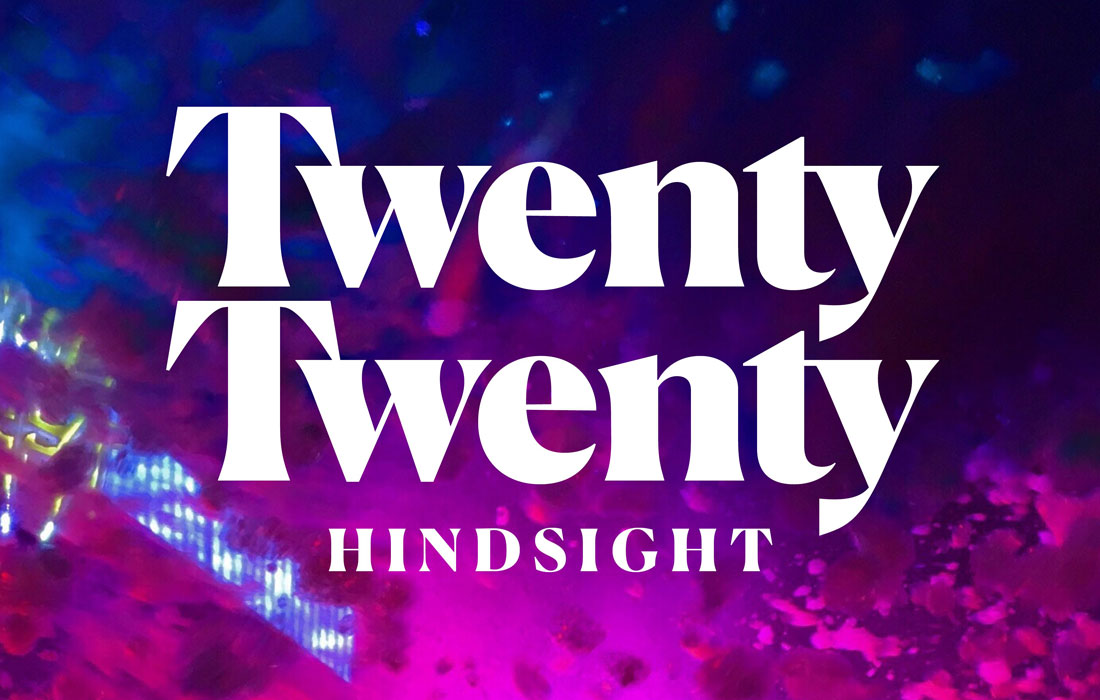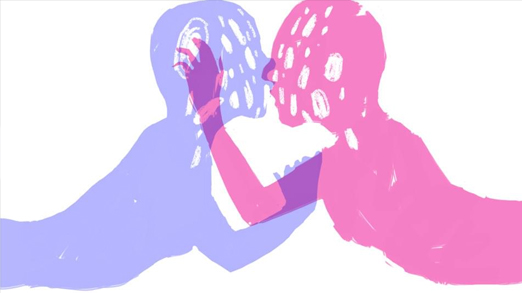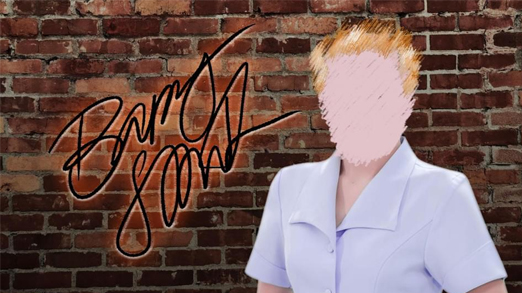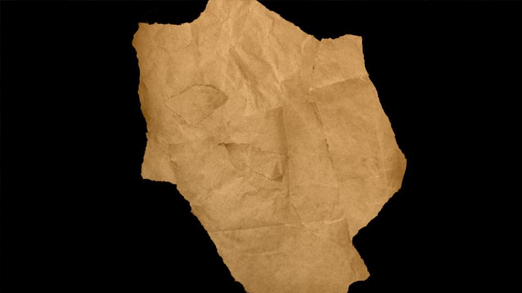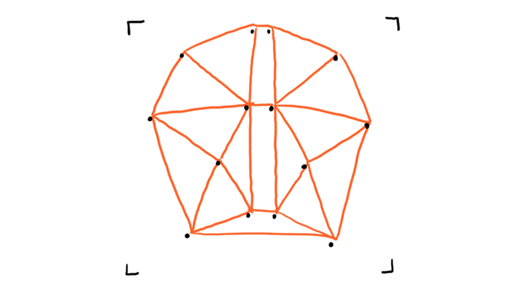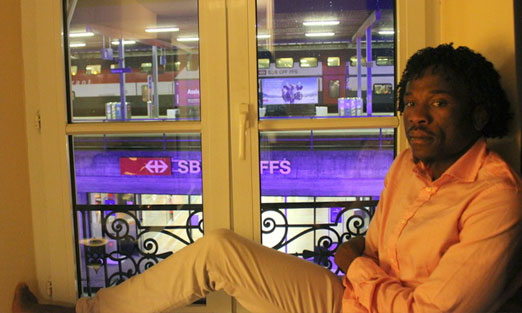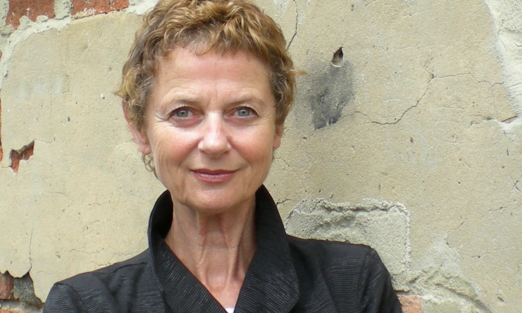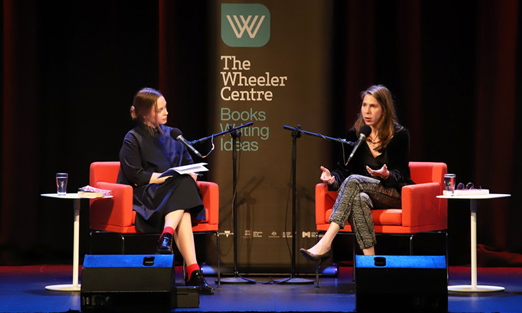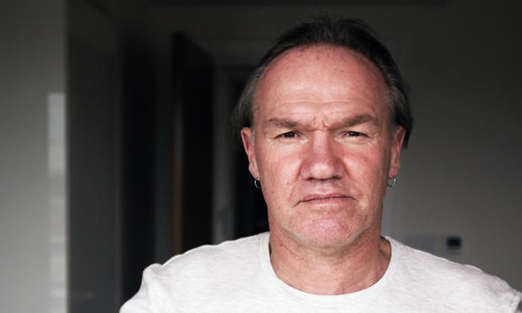It’s a new year and a new decade. This brand new era – starting with the least relaxing Australian summer many of us have experienced in a long time – feels something like a turning point.
The most recent Twenties, the 1920s, were a time of radical creative upheaval. Duke Ellington changed music forever at the Cotton Club. James Joyce published Ulysses. And Georgia O’Keeffe painted those incredible skyscrapers. Perhaps the 2020s will be marked by artistic innovation and momentous intellectual shifts, too; we’ll try to play our part in making that happen.
Right now, we’re working hard on our Season One programme, which we’ll announce on Monday 10 February. We’ll continue to support local writers with our Hot Desk Fellowships – now open for applications. And we’re honouring the best Australian writing through the Victorian Premier’s Literary Awards, too. (You have just a couple of hours left to do the same … voting for the People’s Choice Award ends at 5pm AEDT today!)
The Wheeler Centre’s Hot Desk Fellowships are back for 2020 – once again made possible by the generous support of the Readings Foundation. Twenty writers will be offered fellowships throughout the year. For the fourth year, an additional Playwright Hot Desk Fellowship will be offered to an emerging female or non-binary playwright supported by the generosity of the Just Pretending theatre group.
These 21 fellowships, which include a $1000 stipend and workspace in the Wheeler Centre over a ten-week period, have been created simply to provide emerging writers with the space to write and create. Applications are open until 5pm, Monday 24 February 2020.

